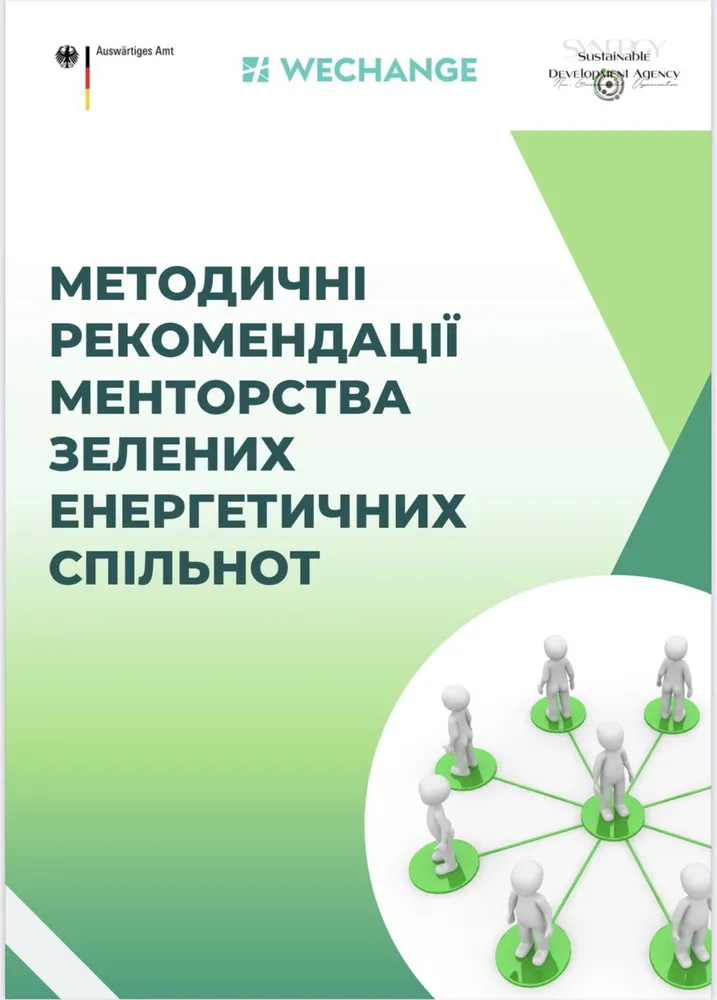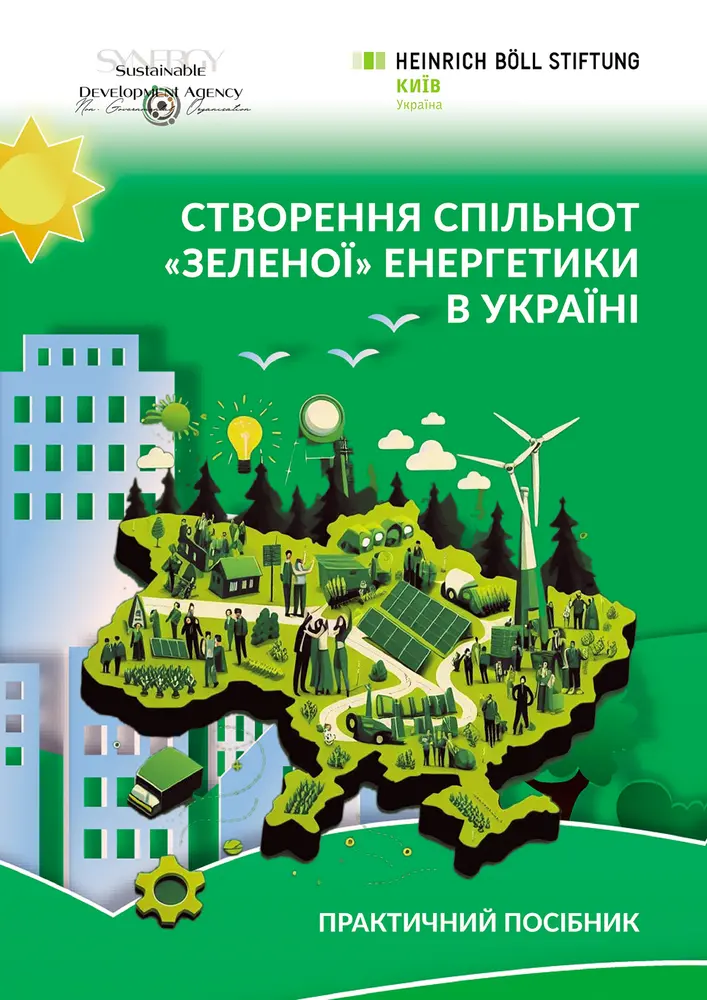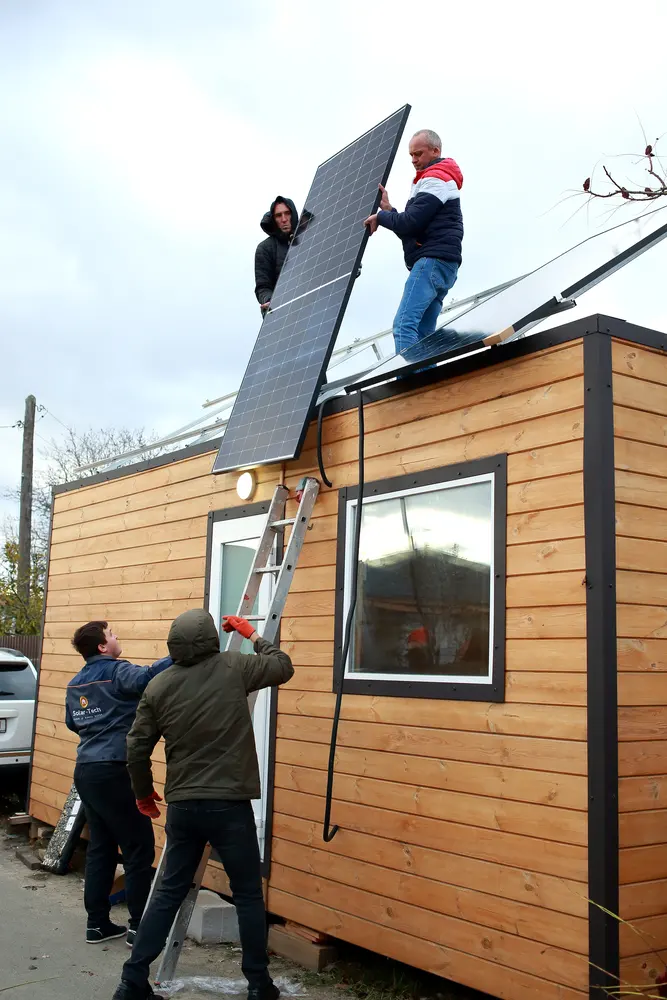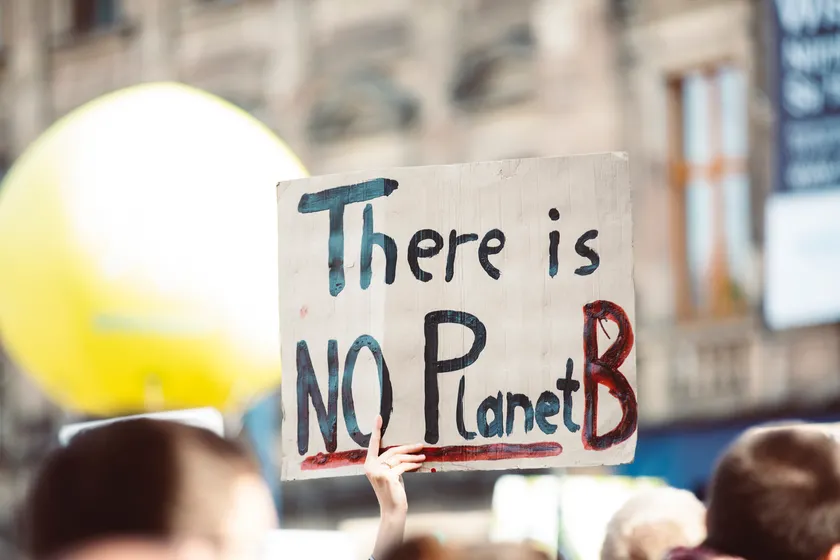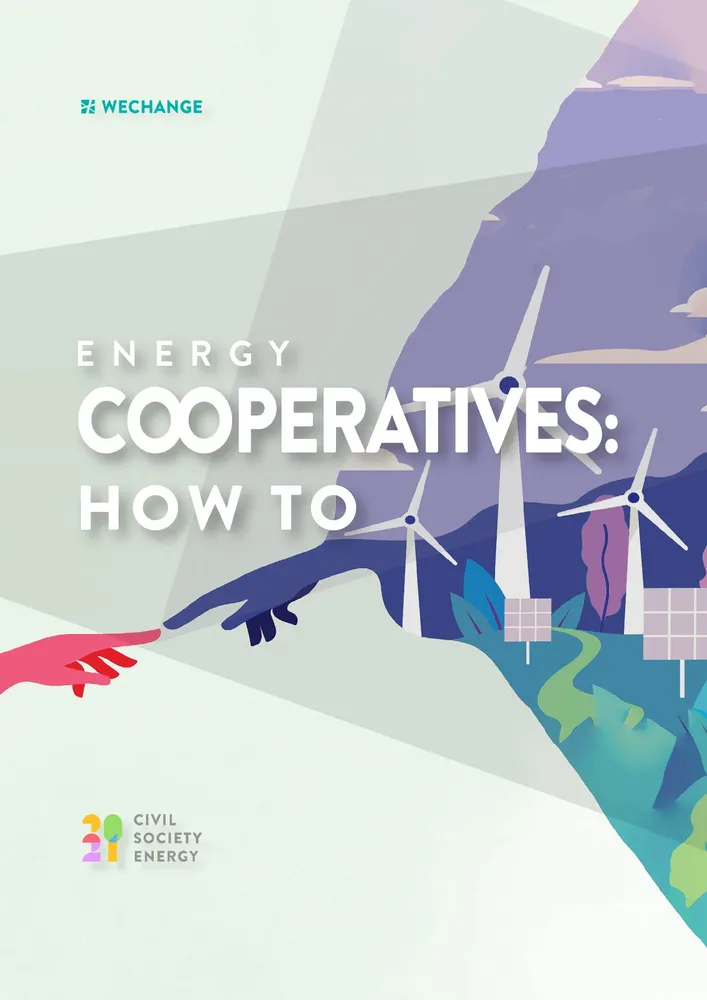Actors of civil society, local communities as well as municipalities are crucial drivers of the transition towards carbon-neutral and decentralised energy supply systems and sustainable local development in Europe. Examples of more than 5600 German cooperatives and a well-established all-European tradition of local cooperation and horizontal network development demonstrate one of the possible paths towards decentralized energy transition Ukrainian and Polish communities are able to pursue.
At the same time, renewable energy enthusiasts and professionals from civil society, academia, business and municipal sectors in these countries face their own unique challenges and develop a great variety of possible ways to tackle them moving towards a sustainable future for their communities.
In the framework of the Civil Society Energy 2021 project, launched by wechange eG, participants from Ukraine, Poland and Germany exchanged knowledge about cooperation for renewable energy and together developed ideas for the establishment of energy cooperatives. This Handbook was produced as a part of the project and brings together studies and reflections on renewable energy (RE) and cooperation potential for sustainable development in Poland and Ukraine and presents possible scenarios for RE cooperatives' development from organizational, legal, economic and social perspectives.
The first chapter by Agnieszka Szostok outlines the importance, potential and challenges of renewable energy in Poland, Ukraine and Germany. The next chapter, by Tomasz Marzec examines the energy transition and legal challenges for the cooperative movement in Poland and demonstrates how the first energy cooperative in Poland was created.
Articles by researchers Olena Rubanenko and Viktoriia Vostriakova analyse the latest developments in the renewable energy sector in Ukraine, the potential of cooperation for the sustainable development of the country and related technological and economic challenges. Michael Shomin, Maryna Sadkina and Anna Pastukh study the financial and legal mechanisms and regulations which could be beneficial for all who are engaged in the creation of RE cooperatives in Ukraine. In the concluding article Andriy Zinchenko, the founder of the first Ukrainian RE cooperative in Slavutych discusses how energy cooperatives and local partnerships could be the drivers of municipal energy transition in Ukrainian communities.
We hope these materials will be useful for all renewable energy enthusiasts who are eager to engage in cooperative movement!
